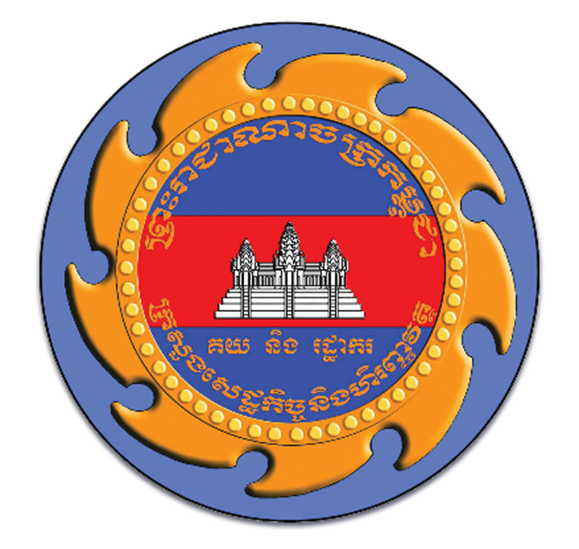Issue Description
Cambodia’s General Department of Customs and Excise (GDCE) plays a crucial role in inspecting export-import goods, collecting revenues that include duties, special taxes, and value-added tax, and preventing and suppressing offenses. To determine the Customs tax and duty calculation, the value of imported goods is used as the basis by multiplying it with the rate of Customs duty. It is the responsibility of the importer to declare and pay tax based on the official commercial invoice from the manufacturers. Customs officers can verify the value declaration made by the importer or relevant individual. Customs value can be determined through different methods, including transaction value, transaction value of identical goods, transaction value of similar goods, induction value, calculated value, and the last method. The final value of the product for Customs purposes is stored in a document held by GDCE officials, called a docket price table.
In the automotive industry, non-authorised distributors import products into Cambodia without complying with legal obligations or requirements, putting authorised distributors at a disadvantage due to unfair competition. For example, when importing vehicles, non-authorised distributors declare the value based on the docket price, rather than following the value of the commercial invoice. This allows the grey market to offer a more affordable price for customers in the market, unlike the authorised distributor, who is required to follow a complicated process of compliance, homologation, vehicle safety standards, paying taxes, and paperwork.
Furthermore, authorised distributors have to declare the price based on the commercial invoice, which is often higher than the docket price. Authorised distributors also declare the value based on the actual price or value from the Original Equipment Manufacturers (OEM), and the value of the vehicles can differ based on the specification of the vehicle. Vehicles with more added options, or higher specifications, clearly are valued at a higher price. This leaves room for the grey market to import high-spec vehicles and declare their value as the docket price, omitting the higher value given by such specifications and thus cutting out a substantial amount from their tax liability.
Impact on business
The detrimental effects of unfair competition between authorised and unauthorised vehicle distributors are already being seen in Cambodia. Some of EuroCham’s automotive members have decided to leave Cambodia and have moved their offices to neighbouring countries. For example, Audi, the luxury vehicle brand, left Cambodia for Vietnam in 2022. Additionally, the authorised distributors of Mercedes-Benz and Porsche have announced the ceasing of operations on the Cambodian market in 2023.
Moreover, given that Cambodia is experiencing a nascent car parts assembly industry, and that the Royal Government of Cambodia is betting on this industry as part of a wider export diversification strategy, EuroCham’s Automotive Committee is concerned that car assemblers currently operating in the Kingdom may follow suit and leave, thus stifling growth in an emerging industry.
Finally, for the Royal Government itself, the retreat of established car distributors and assemblers from the country represents a significant potential loss of tax revenue, which could be used to fund important public services.
Recommendation
- Promote fair competition through adjusted docket price tables.
EuroCham’s Automotive Committee encourages the Royal Government of Cambodia to take action to address the issue of unfair competition, promote fair competition, and create a level playing field for all stakeholders in the automotive industry in Cambodia.
Specifically, we recommend that the General Department of Customs and Excise make changes to the calculation of docket price tables for the Customs value of imported vehicles by taking into account the increased value of high specifications whenever applicable.
Furthermore, we advocate for compulsory docket price for each distributor and public announcement of the Customs value tax table for the purpose of transparency. We also urge the government to consider updating the value of docket prices every three months to ensure that the values are up-to-date according to the market on the list. These changes will promote a fair and transparent business environment in the automotive industry, which will benefit all stakeholders, including authorised distributors, non-authorised distributors, and the Royal Government of Cambodia.
Royal government of Cambodia
Initiative from Eurocham: The issue has been raised by Automotive Committee within The White Book edition 2024 in the Recommendation No. 16.

National Counterparts

General Department of Customs and Excise
Contributors

Mr. Chhoeurn Makara

